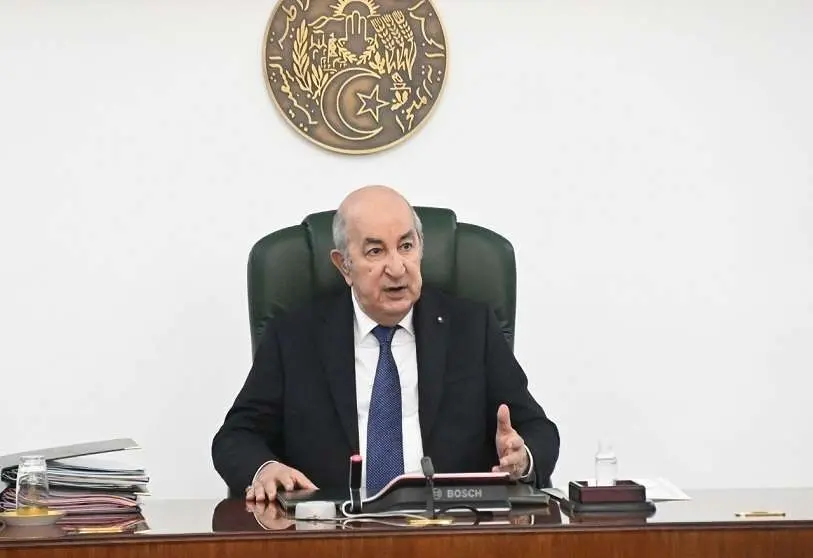Argelia e Irán acuerdan profundizar relaciones y organizar reuniones oficiales

Algeria and Iran continue to deepen their bilateral ties. After re-establishing relations with Saudi Arabia, Tehran is now seeking to increase its presence in the Arab world, particularly in North Africa, a region where analysts and the media have warned of Iran's dangerous military influence.
Tehran's support for groups such as the Polisario Front poses a threat to the Maghreb and Sahel region, as well as to Europe. Indeed, Morocco has spoken out on several occasions on this issue, urging Iran to cease its support for the pro-independence Sahrawi group and warning that supplying drones to the Polisario will destabilise the region.

Algeria, a key ally of the Sahrawi organisation, is consolidating its position as Iran's main partner in North Africa. Historically, relations between the two countries have been cordial, with the exception of certain years in the 1990s, when Algiers decided to break diplomatic ties with Tehran, which it accused of supporting Islamist opponents of the Islamic Salvation Front (FIS). However, the two nations re-established relations in 2000 and have since boosted their ties in a number of areas.
With the aim of preserving and deepening this partnership, Algerian President Abdelmadjid Tebboune held a telephone conversation with his Iranian counterpart, Ebrahim Raisi, with whom he agreed to "boost and strengthen" relations "at the political and economic levels". Tebboune and Raisi also agreed to plan official visits in the future, according to a statement released by the Algerian news agency APS. Earlier this year, Iranian Foreign Minister Hossein Amirabdollahian conveyed Raisi's invitation to Tebboune for a state visit to Tehran to his Algerian counterpart Ramtane Lamamra.

This conversation is another sign of the willingness of Iranian and Algerian leaders to strengthen bilateral cooperation, something that will facilitate Tehran's expansion in North Africa. This scenario, as analysts warn Al-Arab, 'could endanger European security' and 'US and Israeli strategic interests in Morocco'. In this sense, the Arab media also stresses that one of the bases for strengthening relations between Algeria and Iran will be the Palestinian cause and the rejection of the Abraham Accords signed by Israel and some Arab countries such as Morocco.
In fact, the situation in the West Bank and the recent events at the Al-Aqsa mosque were one of the central topics of the latest conversation between Tebboune and Raisi. Both leaders condemned "the desecration of the Al-Aqsa mosque", which they considered "a blatant provocation against one and a half billion Muslims during this holy month".
As reported by the Iranian news agency IRNA, Raisi acknowledged that Iran and Algeria have "close and even shared positions" on certain regional and international issues, "especially the Palestinian problem". Tebboune, for his part, expressed his hope for the "liberation of the Palestinian nation" with the help of Islamic countries.

Raisi has not only held talks with his Algerian counterpart recently, but also with Syrian President Bashar al-Assad. During both talks, Raisi urged his Arab partners to establish 'a unified Islamic front' against Israel.
During the call with al-Assad, Raisi also stressed the 'need to respect Syria's sovereignty and territorial integrity', reports Haaretz. The conversation came shortly after Israel struck several Syrian military targets in response to the firing of six missiles from Syrian territory into the Golan Heights.








